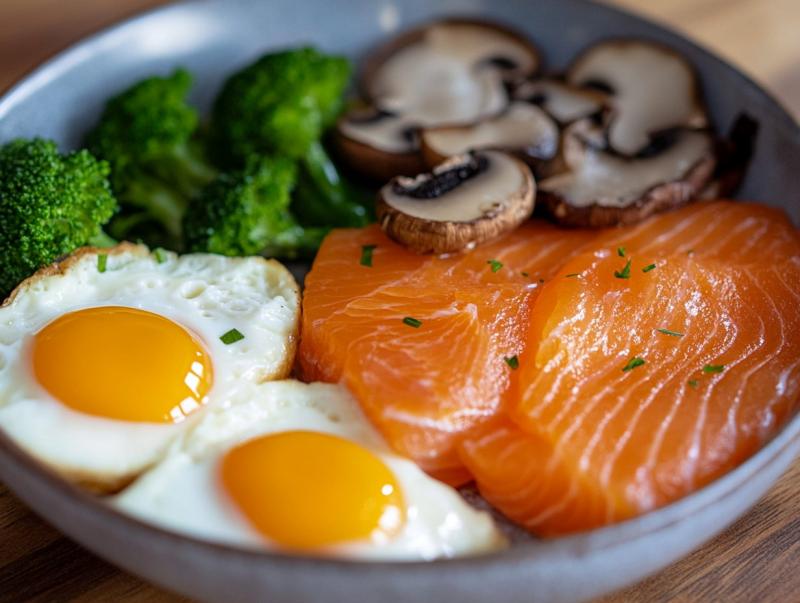Foods that can naturally support better sleep
Good and healthy sleep has become a privilege in our era. Closing eyes is not enough today, the quality of our rest is shaped long before bedtime. Lifestyle, environment, and diet all play a role in how deeply and peacefully we sleep.
While no single food is a cure-all for insomnia, certain foods contain compounds that can help regulate hormones, calm the nervous system, and set the stage for more restorative rest. From tryptophan and magnesium to natural melatonin, what you eat may gently guide your body into slumber.
Tart cherries
Tart cherries, particularly varieties like Montmorency, are rich in natural melatonin, the hormone that regulates the sleep–wake cycle. Studies have shown that drinking tart cherry juice can extend total sleep time and improve sleep efficiency, especially for people struggling with insomnia. Their antioxidant compounds may also reduce inflammation, which can contribute to better rest.
Almonds
Almonds offer a powerhouse combination of sleep-promoting nutrients, including melatonin, magnesium, and zinc. Magnesium helps relax muscles and calm the nervous system, while melatonin directly influences sleep timing. Research shows that a mix of melatonin, magnesium, and zinc can improve sleep quality, particularly in older adults.
Warm milk
The age-old tradition of drinking warm milk at night is backed by science. Milk contains tryptophan, which is converted into serotonin and melatonin in the brain. Night-harvested milk even contains higher levels of melatonin than daytime milk, making it a surprisingly effective natural sleep aid.
Fatty Fish
Salmon, mackerel, and sardines are loaded with omega-3 fatty acids and vitamin D—two nutrients linked to serotonin regulation. Serotonin is not only a mood stabilizer but also a building block of melatonin. One study found that people who ate salmon three times a week enjoyed better overall sleep and improved daytime function.
Turkey
Turkey has earned its reputation for making people drowsy at holiday dinners for good reason, it’s high in tryptophan, the amino acid that helps the body produce serotonin and melatonin. On its own, turkey may not knock you out, but when paired with carbohydrates, the tryptophan more easily crosses into the brain, triggering that sleepy feeling.
Bananas
Bananas are not just quick energy boosters; they also contain magnesium and potassium, both of which help relax muscles and prevent nighttime cramps. In addition, bananas provide carbohydrates that support tryptophan metabolism, promoting serotonin and melatonin production.
Oats
Oats are an underrated bedtime food. They’re naturally rich in magnesium and tryptophan, two nutrients closely tied to better sleep. The complex carbohydrates in oats also increase serotonin while lowering cortisol, a stress hormone that can interfere with rest.
Chamomile Tea
Chamomile tea has long been cherished as a calming bedtime drink, valued across cultures for its gentle, soothing nature, and modern research now strongly supports its many benefits. It contains apigenin, a natural flavonoid that binds to specific receptors in the brain, helping to ease anxiety, quiet the nervous system, reduce stress, and encourage mild sedation without the side effects linked to stronger medications. Studies show that drinking chamomile tea regularly can improve overall sleep quality, especially for people dealing with nighttime restlessness, frequent waking, or menopause-related sleep disturbances, making it a simple, comforting ritual for more restful and restorative slumber.


